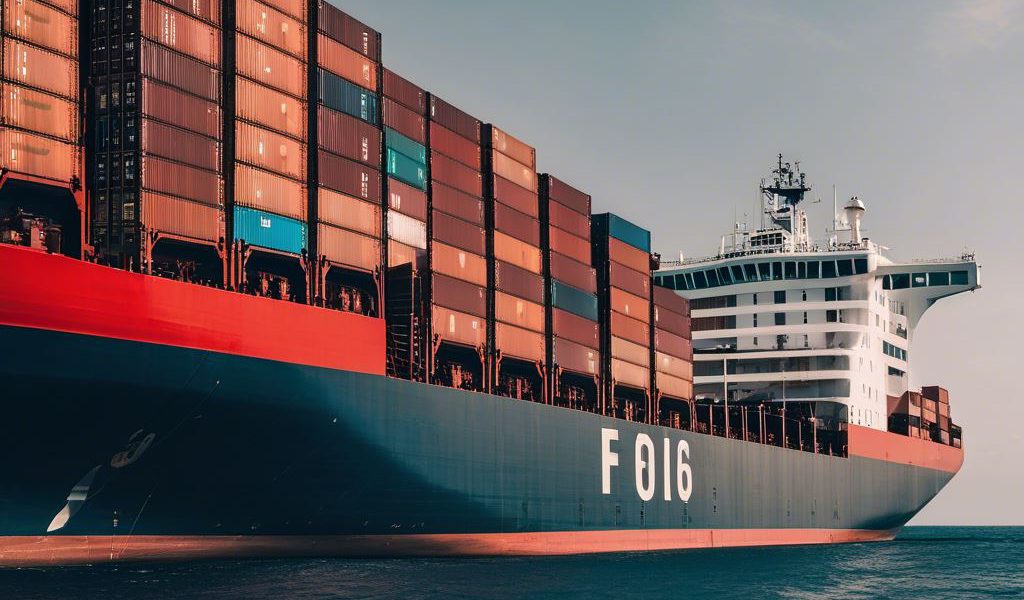
Project Name:
Maritime TransportationClient:
Company No. 2Location:
Barcelona, SpainProject completion year:
2021Project Name:
150 billion Iranian Rials.Website:
www.koncrete.comProject Engineer:
Mark WilleyMaritime transit refers to a ship stopping at one or more intermediate ports during its journey from the port of origin to the destination port. These stops are made for loading and unloading cargo, boarding new passengers, or changing the ship's crew.
When a sea vessel travels from one port to another, it may need to stop at intermediate ports. These stops allow ships to unload and load cargo, refuel, carry out necessary repairs, and make use of port facilities.
Maritime transit can be important for both cargo and passenger ships. These stops allow ships to reach their destination in a regular and efficient manner while providing necessary services during the journey.
Cargo transportation by ship is one of the most common methods of freight transport around the world. In this method, goods and cargo are transported from one port to another using ships. The process of cargo transportation by ship is carried out as follows::
Loading: Goods are loaded onto the ship from trucks or warehouses. This process is typically carried out using cranes or other loading equipment.
Maritime transport: After loading, the ship sails towards its destination. During this journey, the ship must follow designated and safe routes, and may transit through intermediate ports if necessary.
Cargo unloading: When the ship reaches the destination port, the cargo is unloaded from the ship and transferred to its final destination. This process requires the use of loading equipment and cranes.
Shipping cargo by ship is suitable for heavy loads, items that require long-term transportation, and valuable goods. This method of transportation is widely used due to its lower cost compared to air transport and the ability to carry large cargo.